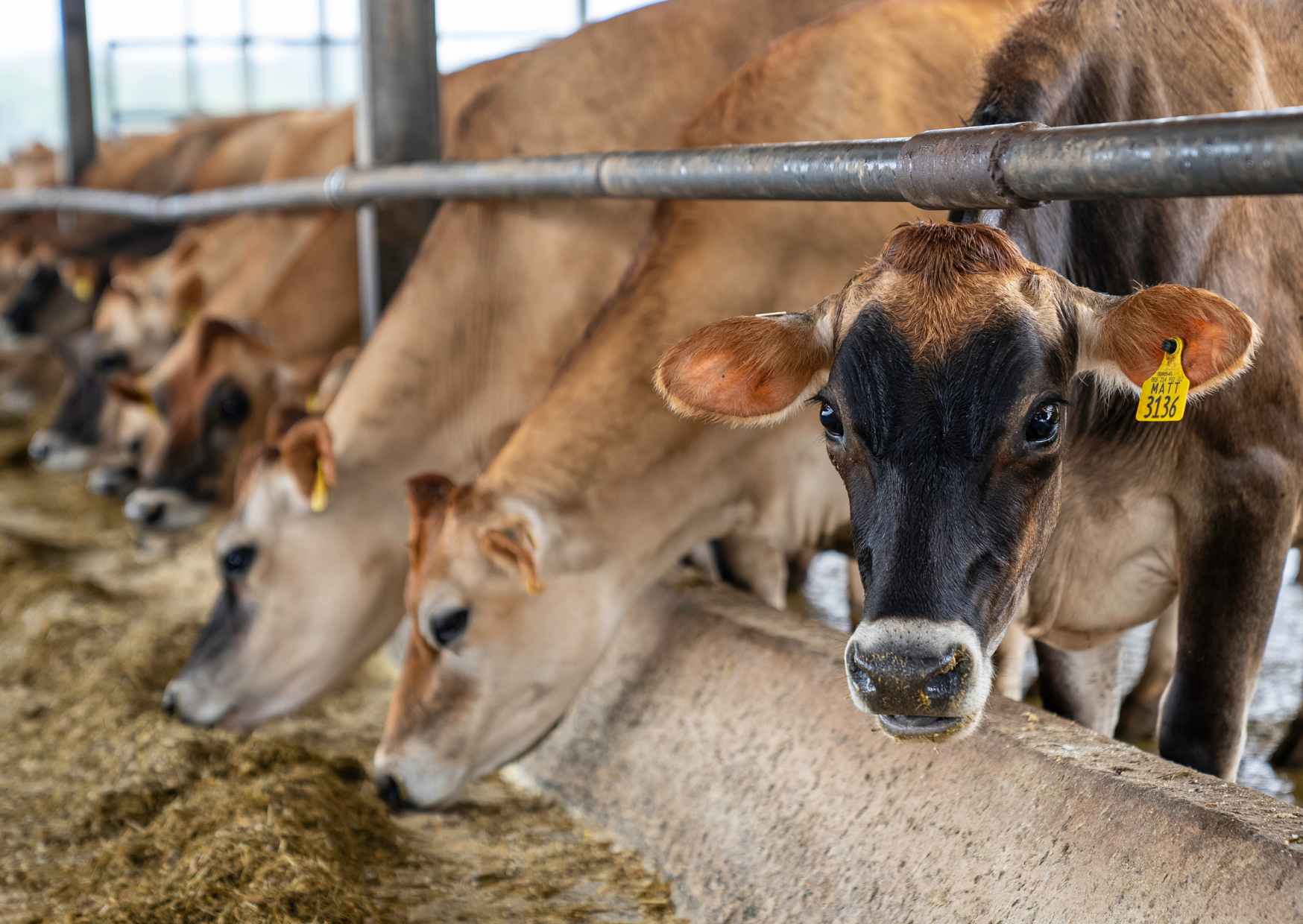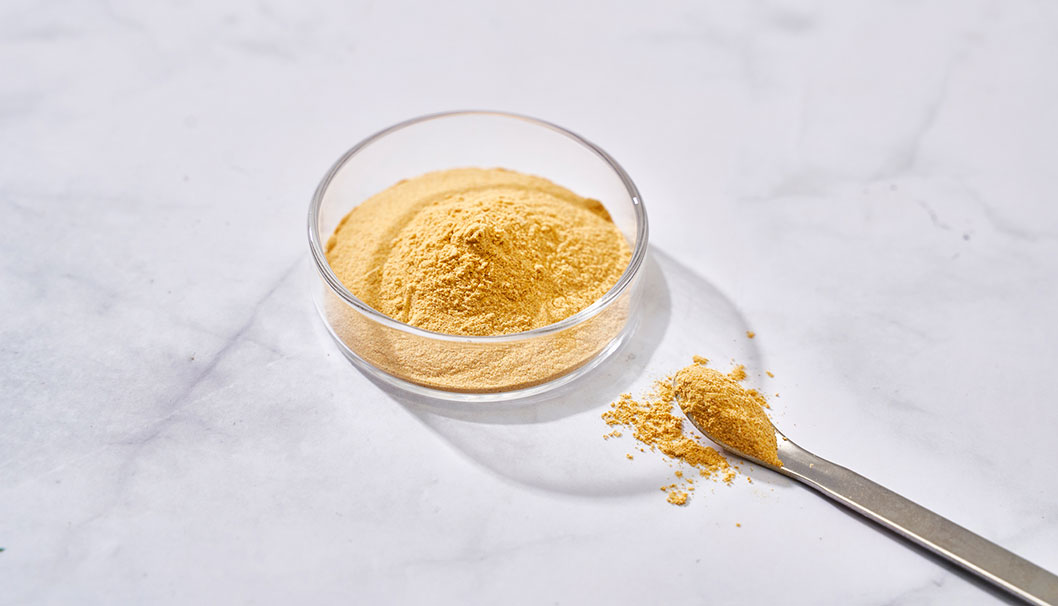Eco-Friendly Hamburgers? How Seaweed-Fed Cattle Could Reduce Emissions

Oregon State University researchers are exploring an innovative way to reduce the environmental impact of beef production by incorporating seaweed into cattle feed. Cattle produce methane, a potent greenhouse gas, during digestion. Methane emissions from cattle are a significant contributor to climate change, with one cow emitting over 200 pounds of methane per year.
Seaweed, particularly Pacific dulse grown along the Oregon Coast, has shown promise in reducing methane production when added to cattle feed. Studies indicate that bromoform, a compound found in seaweed, could reduce methane emissions by up to 82% when fed to cattle in small amounts. While previous research focused on feedlot cattle, this study targets beef cattle grazing in open pastures, specifically in the sagebrush steppe regions of Eastern Oregon.
The project, led by researchers Juliana Ranches and Rory O’Connor, will monitor methane emissions and soil carbon levels in a 100-acre pasture in Harney County, Oregon, to determine if this natural supplement could be a feasible methane-reduction strategy for free-grazing cattle. The study, funded by the U.S. Department of Agriculture, will last five years and aims to develop practical recommendations for cattle producers.




